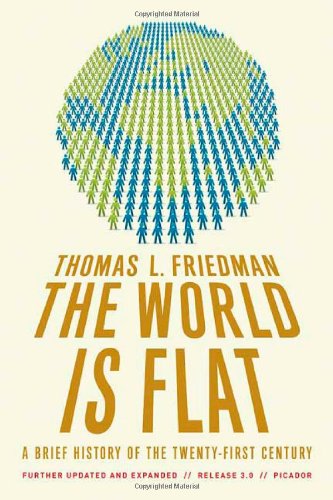I am enjoying the second installment of Stephenie Meyer’s Twilight series. I wish Bella had a bit more self-esteem, but I can certainly relate to her. She is like a lot of teenage girls, which is why I think she’s so popular. It occurred to me as I was reading today that my own daughter’s writing style is somewhat similar to Meyer’s. I am sure she would consider that a compliment, but I’m not sure it was conscious on her part. The piece I am thinking of Sarah wrote a year ago or more, and I’m not sure she was into Twilight yet at that point.
That said, while I think she is the “next big thing” in the way that J.K. Rowling was the “big thing” in children’s/YA lit., I’m not sure that her stories are as grand in scale. Harry Potter is an epic of the sort that I believe Joseph Campbell would have enjoyed in the same way he enjoyed Star Wars. I don’t see the heroic journey as the dramatic underpinning of Twilight. There is the sense of the bildündsroman about it, but that could be said of many works of YA lit, I think. However, in a certain remarkable respect, Meyer does remind me of Rowling: reluctant readers are picking up her books in the same way they did Rowling’s books. For example, I had a student last semester who was a self-professed non-reader. I told her I thought she would like these books. I think because I made personal recommendation, she felt obligated to try the first one. She loved it and read the following books in rapid succession and even convinced another English teacher on our faculty to try them (and she loved them, too). Her mother nearly broke down in tears of gratitude during a conference. All I did was suggest. That gratitude really belongs to Stephenie Meyer.

